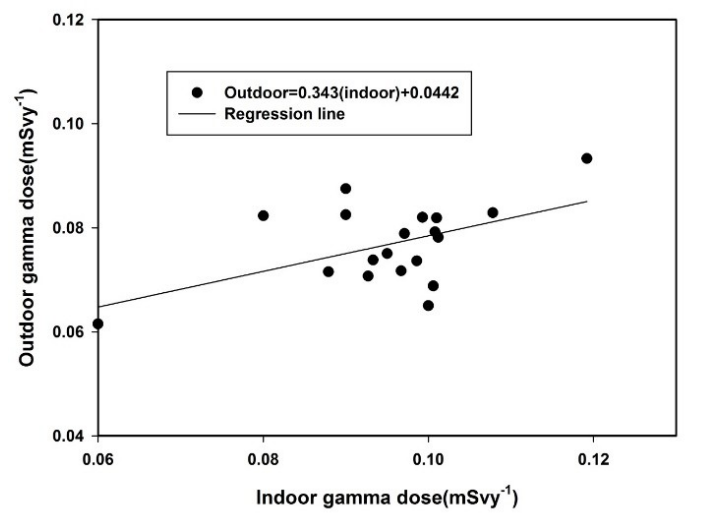Assessment of Excess Gamma Dose Exposure Level in Typical Nigeria Commercial Building Materials Distribution Outlets
Keywords:
Building material, Ikare Akoko, Akure, indoor and outdoor gamma exposure, building material shop/store, annual effective dose.Abstract
The gamma dose rate exposure levels from different brands of building materials at commercial distribution stores/shops in two major cities in Ondo State, Nigeria, were measured using a well calibrated Inspector 1000 scintillator detector. The results showed that the different brands of building materials which are Corrugated iron sheet, Aluminum roofing sheets, Conduit pipes, Paints, Cement, PVC pipes, Wash hand basin, Bath tub, Water closet, Kitchen zinc, Asbestos, Floor tiles, Wall tiles, Bullet proof door, Binding wire, rings and rods, Red bricks, Galvanized pipes, Copper pipes, Water tanks contributed excess annual effective doses of 0.332 mSv/y and 0.311mSv/y to store keepers in Ikare Akoko and Akure cities respectively. The indoor and outdoor annual effective dose of each of the investigated two cities are correlated using simple linear regression equations. The results of the modeling and experiment show that annual effective dose received by the occupants of these shops/stores was about 12 % higher than what could be received in a typical natural radiation environment in the two cities because the building materials acts as a source of radiation indoor. The research indicated that the typical habit of using poorly ventilated and confined space as stores/shops by the sales men might subject them to internal exposure through inhalation of radon gas and its short-lived decay products. Implementation of the developed equations would definitely promote rapid determination of outdoor annual effective dose through indoor annual effective dose and ultimately save time and other valuable resources.

Published
How to Cite
Issue
Section
Copyright (c) 2021 Journal of the Nigerian Society of Physical Sciences

This work is licensed under a Creative Commons Attribution 4.0 International License.





